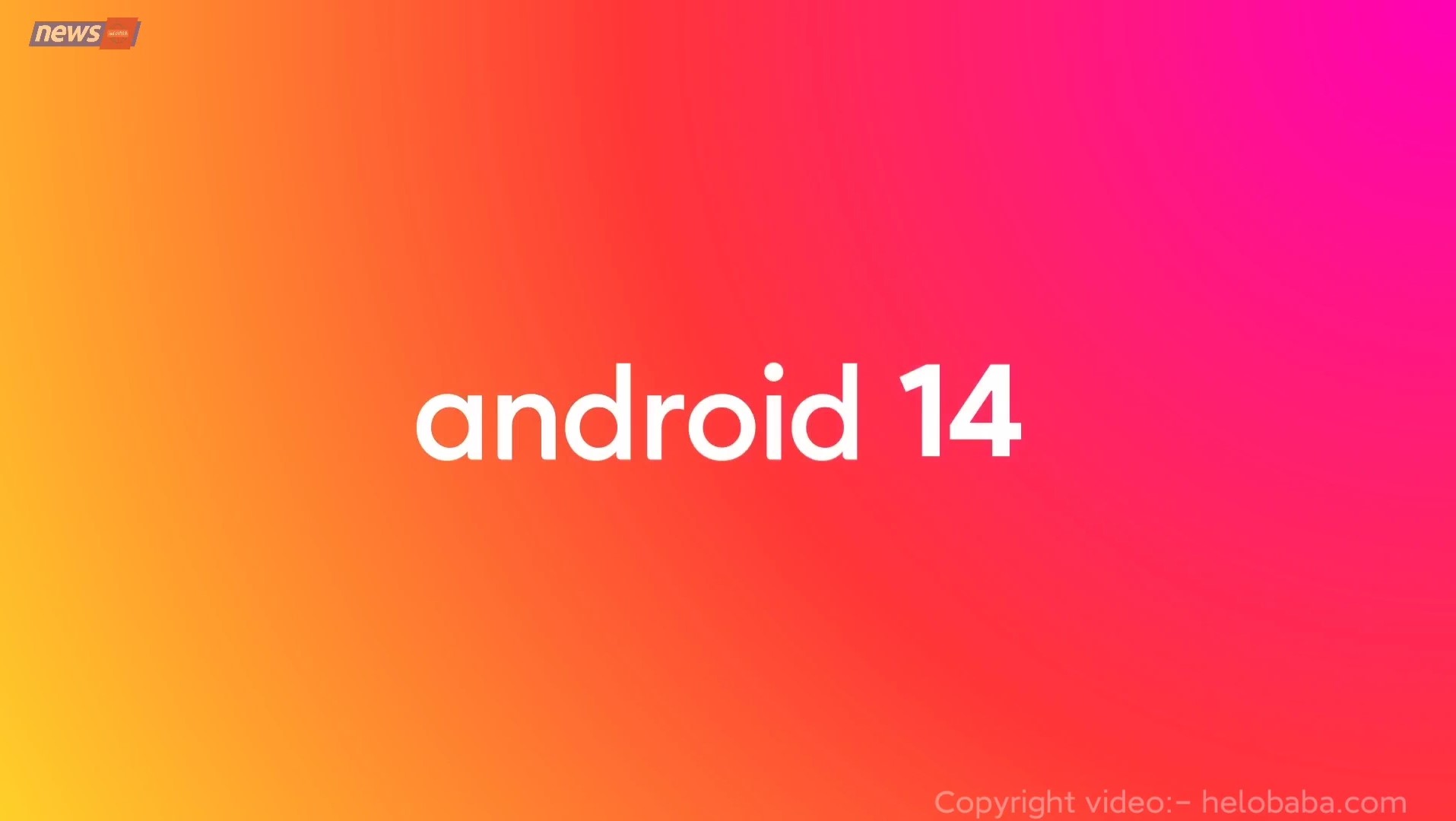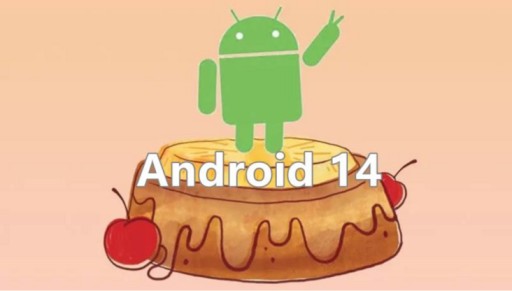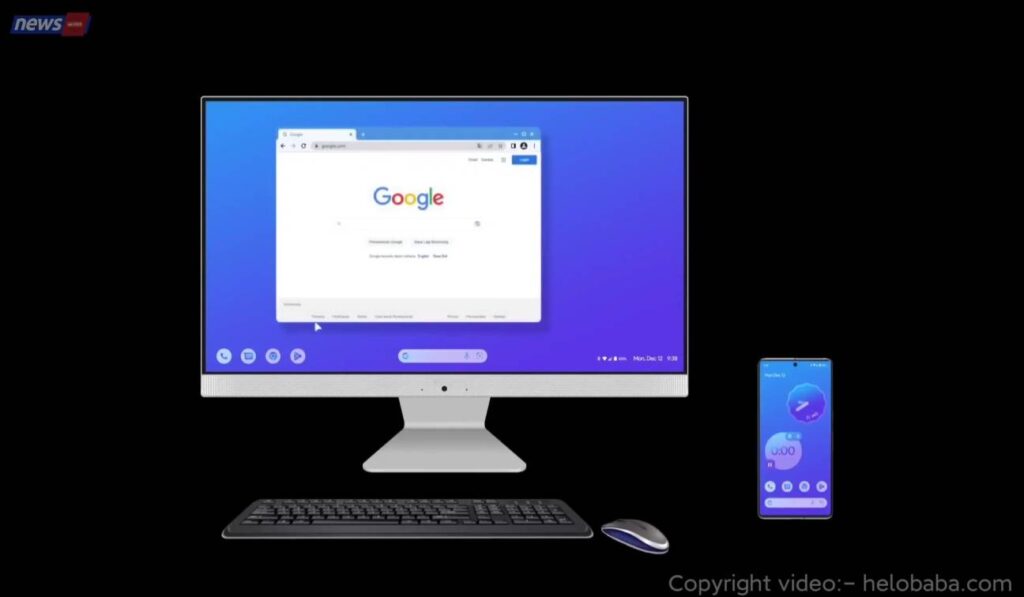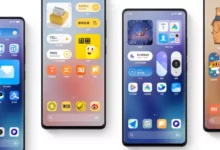
faster than an apple! Google Android 14 first exposure: Can it surpass iOS this time?
Google has only just released Android 13 but is already working hard to get it ready for Android 14. Based on the latest findings, it looks like the new version will make the AV1 codec mandatory for all devices. This new method of encoding video is more efficient than other systems and will help save bandwidth, all with no loss in quality. Not only that, but it seems that some devices using the Android 14 system will be forced to support 64-bit applications, which finally puts an end to 32-bit applications.
- As Esper’s Mishaal Rahman shared in his Android 14 preview, the new AV1 requirements are codified in the Android open-source project, Gerrit.
The entry reads: “According to Android cd 14, sec 2.2.2 and sec 2.6, implementations for handheld and tablet devices must support decoding AV1”. CDD here refers to the Android Compatibility Definition Document, which lists all the requirements a device must meet to be certified for an update or release by Google. It looks like work on this file has started early in the project this time around, as Mishaal Rahman has spotted the skeleton page for the compatibility definitions for the next version.
Android 14 leaked Video Know about Android 14
Mandatory AV1 support for all devices in Android 14 is a big deal, and it could reduce the bandwidth requirements of different network services across the platform — it’s worth noting that YouTube already uses AV1 to make the delivery of certain resolutions more efficient while using Less bandwidth.

There is one more potentially impactful change for devices using Android 14. Those with Armv9 CPUs will be forced to only support running 64-bit apps. The latest processors are bound to make this switch, and the Snapdragon 8 generation in 2021 is already based on the Armv9 architecture. The switch has also begun with the Pixel tablet, which is said to be 64-bit only at launch.
This means Google is finally getting serious about phasing out 32-bit apps, a step Apple already took in 2017. Most modern apps have already been updated to work on 64-bit architectures, this change shouldn’t hurt users too much 99% of apps on the Play Store have already been updated. However, this may mean that a small number of old games or apps abandoned by developers will no longer work.
As 2023 draws closer, we’ll likely learn more details about the new version before it hits us in beta form, with the official release expected in April next year.
Faster than an apple! Google Android 14 first exposure: Can it surpass iOS this time?
On April 24, foreign media TechRadar reported that 9to5Google found Android 14 in the code of the Android Open Source Project, code-named Upside Down Cake. Unexpectedly, Android 14 is already on the way before Android 13 is officially launched. This update rhythm is faster than Apple’s iOS.
Google likes to use dessert names for each generation of Android system code names, such as Android 12’s Snow Cone (smoothie), Android 13’s Tiramisu (Tiramisu), and so on. However, the code name is generally not very related to the system function, and it is difficult for us to understand the function of the new system from “flipping the cake”.
Read More:- I haven’t used Android 13 yet! Android 14 is about to ride the face?
According to expectations, Android 14 should not be released until next year at the earliest. This exposure code name can only show that Google is already starting to develop it. It is guessed that Android 13 should be complete, and it is estimated that the official version will be pushed soon. Google has announced a lot of new features for Android 13, mainly to enhance user privacy protection, which feels a bit closer to Apple’s iOS.
It is speculated that Android 14 may further enhance the experience in privacy protection, device security, application control, and notification management, and has the opportunity to catch up with or even surpass iOS. In addition, multi-screen collaboration and cross-platform interaction are also key directions for future development. Android 14 will most likely strengthen this function to realize the connection between mobile phones, tablets, and PCs.
Although many functions of the Google Android system even lag behind domestic mobile phone manufacturers, Google has been working hard to optimize the Android system over the years. Compared with previous years, the fluency and experience of the Android system have been significantly improved, and it will not be stuck useless after 2 to 3 years of use. At the same time, the system’s privacy protection and authority control are also being tightened, there are fewer rogue and junk software, and the Android system ecology is safer and healthier.

Many people think that iOS is easy to use, safe and smooth, and it will not freeze after several years of use. However, iOS is relatively closed after all, users have less freedom to play with the machine, and the functions are not as rich as Android. If Android can gradually catch up with iOS in terms of fluency, security, and system aging, Xiaolei is still more willing to use Android. After all, no one wants to pay Apple an “IQ tax” every day.
Android 14 development code leaked! Upside Down Cake “Flip Cake”
Recently, Android developers discovered the internal development code name of Android 14 in the Google Android Open Source Project-Upside Down Cake “flip cake”.

For a long time, Google has had a “tradition” of using the names of cakes and candies as the code names of new systems, and Google Android 14, code-named “Flip Cake”, also inherited the tradition of the Android version.
As each new OS version is released, Google names each version after the initial letter of the dessert name, such as Android 1.5 being named “Cupcake,” Android 1.6 being named “Donut,” and so on.
Interestingly, the code name of Android 13 currently under development is “Tiramisu” Tiramisu, which is also the name of a cake, the key is that its first letter is “T” and the last letter “U”, will it have any connection with Upside Down Cake “flip cake”?
Of course, Google only uses the code names of these cake desserts for development purposes, and the name of the specific Android version will still need to be released according to its serial number.

- It is understood that Upside Down Cake “flipping cake” is a way of making cakes, which is a bit like French Tarty Tarty.
Among them, the more classic caramelized pineapple “flip cake” method is: first put the pineapple slices and other fruits that should be placed on the surface of the cake into the pan, then pour the cake flour, and then put it in the oven to bake. is flipped upside down. After baking, remove the pan from the oven and use a plate slightly larger than the pan to invert the cake so the filling (such as sliced fruit) will reappear on the cake.
At the moment, we don’t know the connection between the cute code name of Upside Down Cake “flip cake” and the Android 14 system build. But it is predictable that Android 14 will continue to improve support for technologies such as multitasking and eSIM, and the system will be smoother and more stable, which seems to be consistent with Android 13 in general.

According to the plan, Android 13 will soon enter the testing phase after the Google I/O conference in May, when all OEM models except Pixel are expected to be allowed to upgrade. Previously, the second beta preview of Android 13 released some new features, such as shortening game loading times and supporting HDR video.
| Google News | Follow | Click Here |
| Telegram | Follow | Click Here |
| Quora | Follow | Click Here |
| Follow | Click Here | |
| Follow | Click Here | |
| Dailyhunt | Follow | Click Here |
I just didn’t expect that everyone has not had time to use Android 13, and the news about Android 14 is already coming. What do you think about the new codename? Welcome to leave a message and interact in the comment area.




![[Updated: 28 January 2023] 7 more smartphones will get stable MIUI 14 updates soon! 11 [Updated: 28 January 2023] 7 more smartphones will get stable MIUI 14 updates soon!](/wp-content/uploads/2023/01/Stable-MIUI-14-update-390x220.webp)



